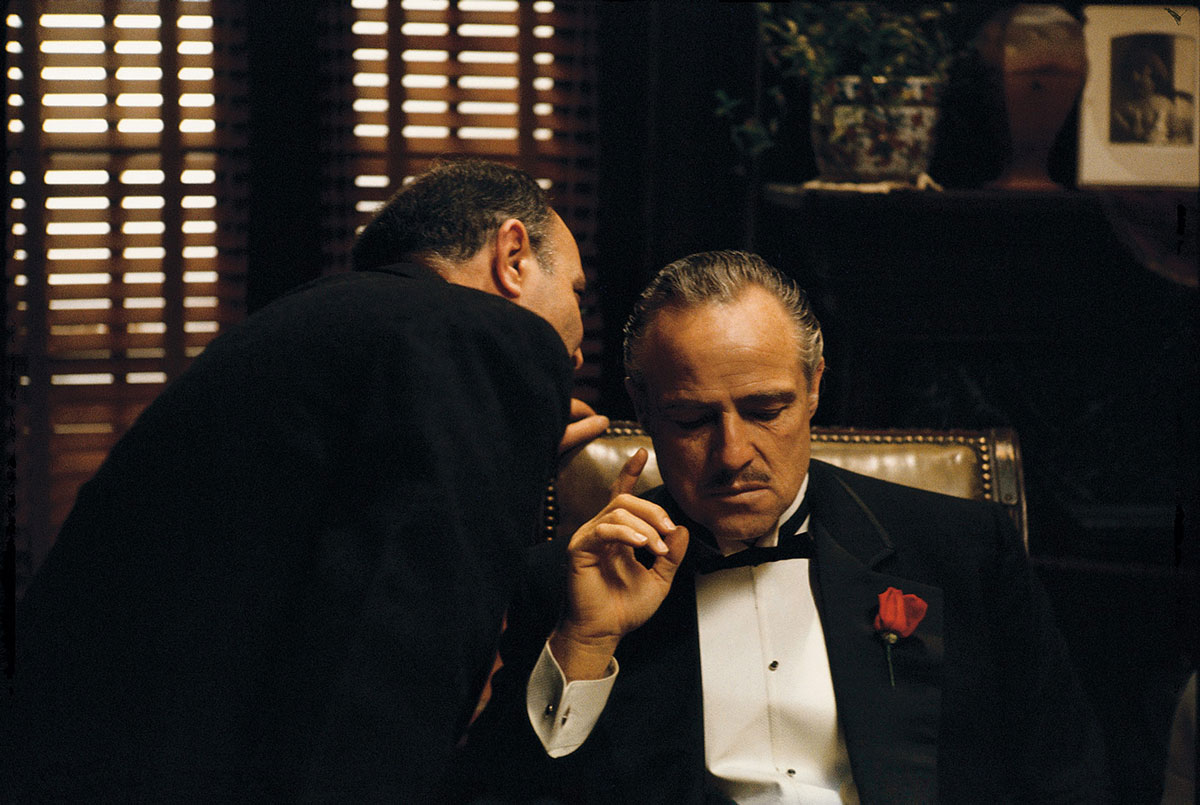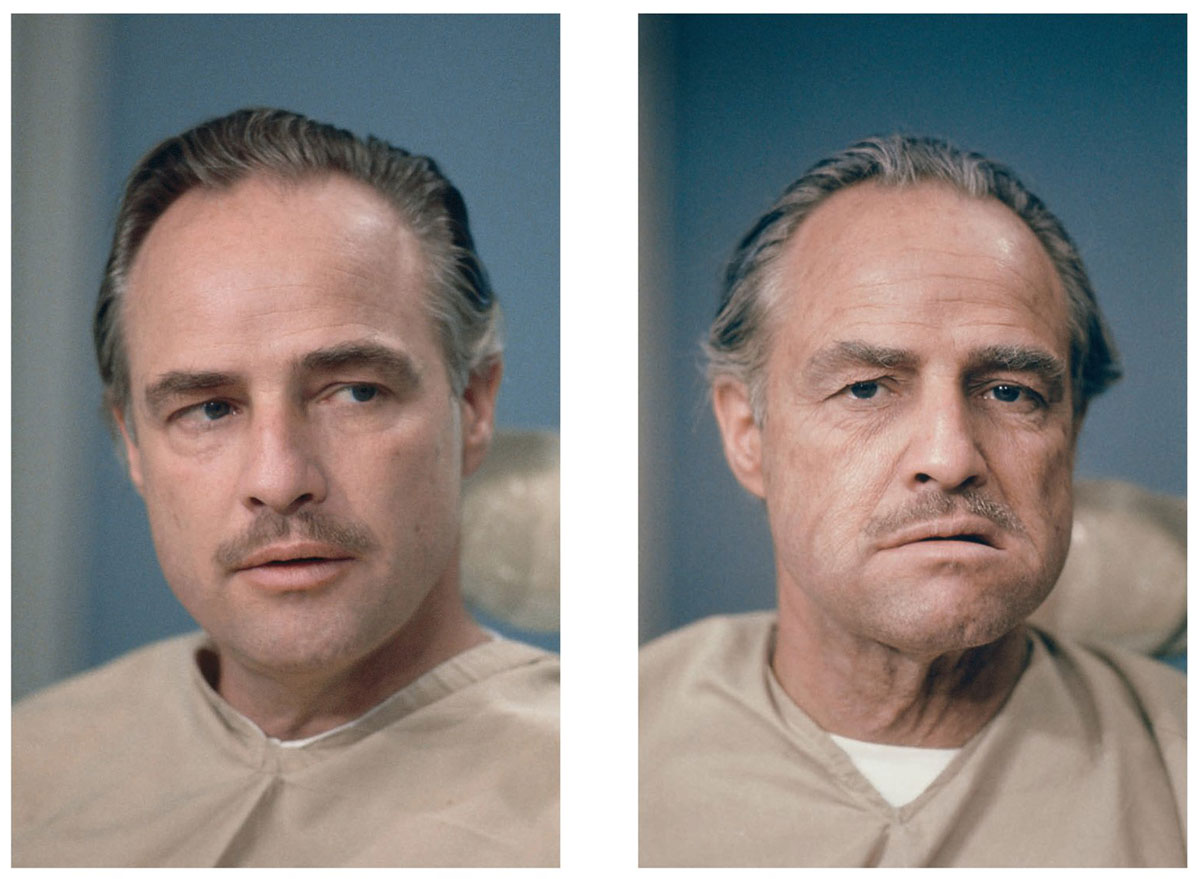
The Godfather (1972): The Opening Scene
The opening scene of the movie The Godfather is an exquisite portrayal of reciprocity in action.

The opening scene of the movie The Godfather is an exquisite portrayal of reciprocity in action.
Hurricane Marlon is sweeping the country, and I wish it were more than hot air. A tornado of praise—cover stories and huzzahs—blasts out the news that Brando is giving a marvelous performance as Don Corleone in The Godfather, the lapsed Great Actor has regained himself, and so on. As a Brando-watcher for almost 30 years, I’d like to agree.
Marlon Brando enjoys being mysterious. The grandfather of all cool actors becomes the Godfather. Interview by Shana Alexander
There’s nothing fun or funny to be found here. It offers us only the absorption of good acting and good storytelling combined with a plausible anthropology of a strange, terribly relevant culture. What more could we possibly want from a movie? How often, these days, do we get anything like all that?

And then there was Marlon Brando, against all the odds, cast in one of filmdom’s juiciest roles, as mob chief Don Vito Corleone. He was eased in, despite stiff opposition from the studio brass, because of the advocacy of a thirtyish fan, Francis Ford Coppola, an Italian-American who happened to be the director of The Godfather. Once he got the part, Brando in turn helped Coppola maintain camaraderie during the frenzied three-month shooting by kibitzing with the cast and establishing a fatherly relationship.
Inflation does not always assure survival. My guess is that three years from now we will still remember scenes from Raoul Walsh’s The Roaring Twenties (1939) while The Godfather will have become a vague memory.
The Godfather is, furthermore, and by critical consensus, a stunning confirmation of my claims for Coppola’s talents: vividly seen, richly detailed, throbbing with incident and a profusion of strikingly drawn characters
A wide, startlingly vivid view of a Mafia dynasty, in which organized crime becomes an obscene nightmare image of American free enterprise. The movie is a popular melodrama with its roots in the gangster films of the 30s, but it expresses a new tragic realism, and it’s altogether extraordinary.
by Marjorie Rosen In Hollywood circles the adage, “You’re as good as your last picture,” holds more truth than is comfortable or healthy. It could
I am convinced that The Godfather could have been a more profound film if Coppola had shown more interest (and perhaps more courage) in those sections of the book which treated crime as an extension of capitalism and as the sine qua non of showbiz.
Mark Seal recalls how the clash of Hollywood sharks, Mafia kingpins, and cinematic geniuses shaped the Hollywood masterpiece ‘The Godfather’
Transcript of Mario Puzo’s 1970 letter to Marlon Brando telling him he was the only actor who could play Don Corleone
Janet Maslin reviews Francis Ford Coppola’s ‘The Godfather’. Published in Boston After Dark, 1972 March 28
Giacomo R. Carioti incontra a Roma il giovane produttore del ‘Padrino’, Albert S. Ruddy, con cui ricostruisce la storia del film
Taking a best-selling novel of more drive than genius (Mario Puzo’s The Godfather), about a subject of something less than common experience (the Mafia), involving an isolated portion of one very particular ethnic group (first-generation and second-generation Italian-Americans), Francis Ford Coppola has made one of the most brutal and moving chronicles of American life ever designed within the limits of popular entertainment.
American director Francis Ford Coppola interviewed by William Murray for Playboy magazine, July 1975 issue
Get the best articles once a week directly to your inbox!